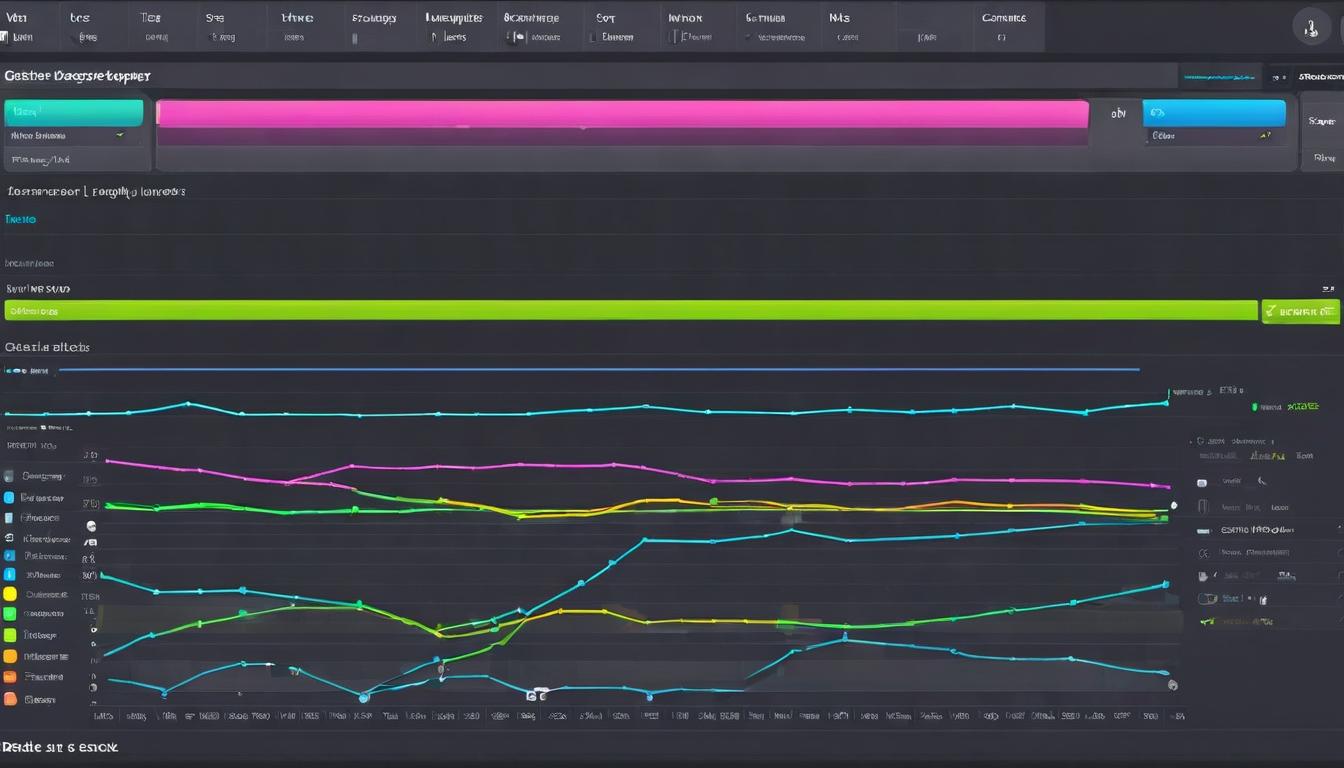The music industry has always been a landscape of gatekeepers—record labels, radio programmers, magazine editors. But in the streaming era, a new set of gatekeepers has emerged, one that operates largely in the shadows: recommendation algorithms. These digital curators now determine what millions of listeners hear, creating a complex ecosystem where artists must navigate not just human taste but machine logic.
On platforms like Spotify and Apple Music, algorithms account for over 30% of all music discovery. The system works through a web of data points: what you listen to, when you listen, what you skip, what you save, even what time of day certain genres resonate. This creates feedback loops that can either launch careers or bury them in obscurity. The problem isn't just that machines are making decisions—it's that we don't fully understand how those decisions are made.
Independent artists have become particularly adept at gaming these systems. They've learned that releasing music on Fridays—when playlist updates happen—increases visibility. They know that keeping songs under three minutes improves completion rates, which algorithms reward. Some even create "listening parties" where fans stream entire albums simultaneously to trigger recommendation algorithms. These tactics aren't cheating; they're survival in an environment where human curation has taken a backseat.
The most fascinating development has been the rise of "micro-genres"—highly specific musical categories that only exist within streaming platforms. Terms like "escape room," "hexd," and "sludgewave" describe sounds that traditional critics might never acknowledge, yet they represent thriving communities of listeners. These genres emerge when algorithms detect patterns among small but dedicated fanbases, creating self-reinforcing musical ecosystems that exist parallel to mainstream culture.
Meanwhile, TikTok has become the most powerful A&R tool since the cassette demo. Songs can go from unknown to global hits in days, driven by viral trends rather than traditional marketing. This has created a bizarre phenomenon where artists are essentially creating music to serve the algorithm—short, repetitive hooks that work well in 15-second clips. The result is a new form of musical Darwinism where survival depends on adaptability to digital platforms.
But there's a darker side to this algorithmic revolution. As platforms prioritize engagement metrics, they tend to favor familiar sounds over challenging ones. Experimental artists find themselves pushed to the margins not because their music isn't good, but because it doesn't fit the patterns that algorithms recognize as "successful." This creates a homogenizing effect that threatens musical diversity, even as it claims to expand our horizons.
The financial implications are equally concerning. While algorithms help listeners discover new music, they also concentrate power in the hands of platform owners. Artists receive minuscule payments per stream, yet they're increasingly dependent on these platforms for exposure. This has created what some critics call the "streaming trap"—artists must participate in systems that barely compensate them, because the alternative is invisibility.
Recent developments suggest we might be approaching a tipping point. Artists like Moses Sumney and Arca are deliberately creating music that defies algorithmic categorization—long tracks, unconventional structures, genre-blending experiments. They're betting that listeners will seek out challenging music precisely because it offers an alternative to algorithmically optimized playlists. It's a rebellion against the very systems that dominate music consumption.
What's emerging is a new musical landscape where human curation and algorithmic discovery exist in tension. Services like Bandcamp have seen renewed interest precisely because they emphasize human recommendations over automated ones. Vinyl sales continue to grow as listeners seek more intentional listening experiences. There's a growing recognition that while algorithms can introduce us to new music, they can't replace the emotional connection that comes from human-led discovery.
The future of music discovery likely lies in hybrid models—systems that combine algorithmic efficiency with human insight. Some platforms are already experimenting with this approach, using algorithms to surface potential hits but leaving final curation decisions to human editors. This acknowledges that while machines excel at pattern recognition, they lack the cultural context and emotional intelligence that makes music meaningful.
As we navigate this new era, one thing becomes clear: the relationship between artists, listeners, and the systems that connect them is more complex than ever. The algorithms that promised to democratize music discovery have instead created new forms of gatekeeping. Understanding these systems—how they work, who they benefit, and how to navigate them—has become essential for anyone who cares about the future of music.
The revolution won't be televised, but it might be algorithmically recommended—and whether that's a good thing depends entirely on who's writing the code.
The underground algorithms reshaping how we discover music

